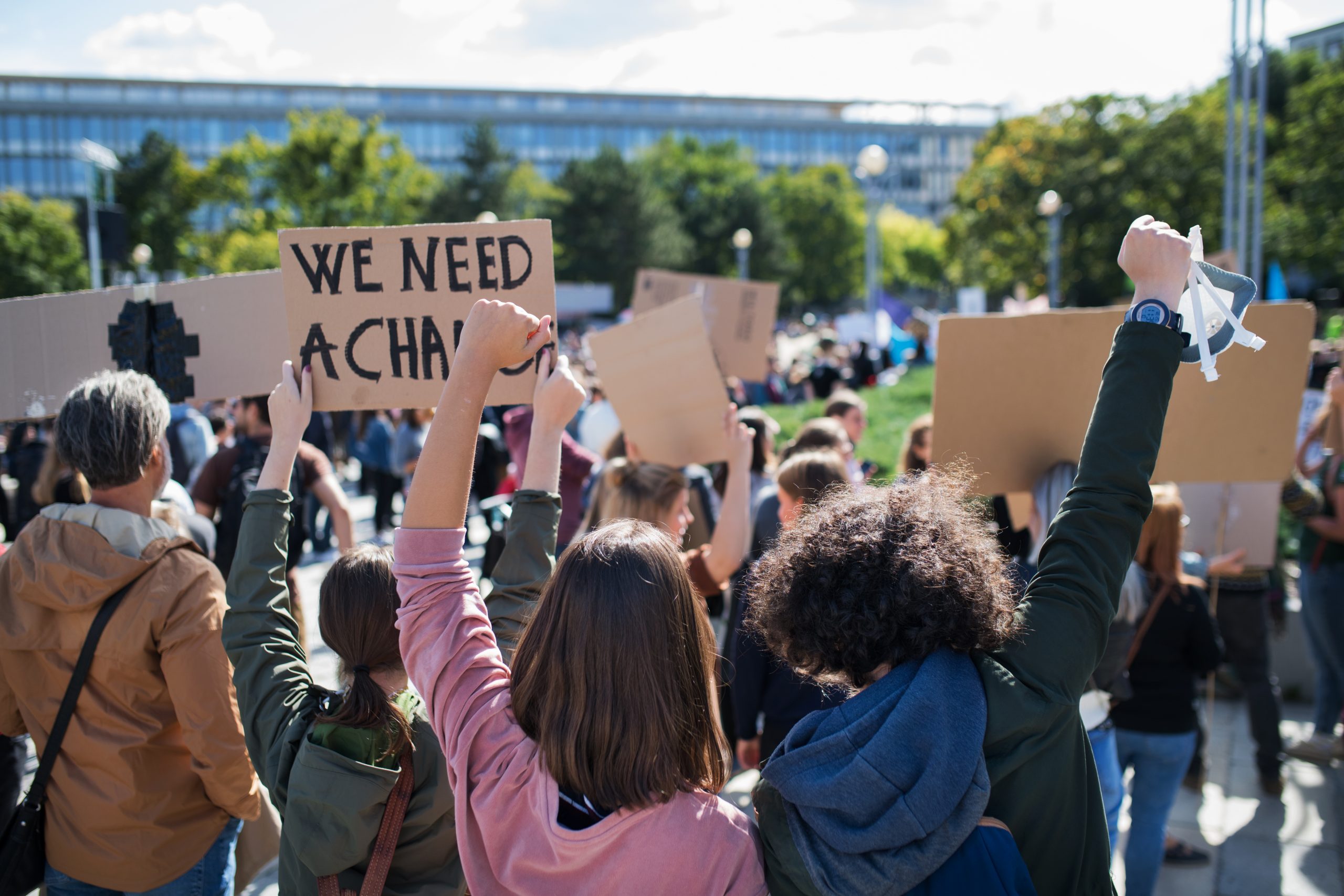by Jason Endres, Associate Director, National Audio, Active International
Earlier this month, the Screen Actors Guild (SAG-AFTRA) joined the Writers Guild of America (WGA) in a work stoppage. The coinciding strikes have slowed down show business as production has been halted across all the major film and television studios. Projects such as MGM’s romantic dramedy vehicle Challengers starring Zendaya quickly moved from its original September 15 release date to April 26, 2024 due to the ongoing strikes. The potential ripple effects are significant, and other sectors of the entertainment industry are already experiencing fallout.
One concern from marketers is how podcasts will be affected by these work stoppages. The good news is that podcasts can continue to record episodes. A Forbes report states, “Podcasts that operate under SAG-AFTRA contracts are also free to continue.” It’s good news for podcast listeners as they’ll still be able to regularly hear their favorite hosts. Forbes also reports that not only are actors unable to work on any major studio or scripted television projects, but they cannot “promote any of their film or television projects that fall under those contracts.” One of the most popular podcast formats is the long-form interview in which hosts talk to celebrities about their upcoming projects and expand into broader topics. While it’s unclear how much this will affect podcasts, this will certainly change content on some level in the short term as hosts of these interview-focused podcasts will need to pivot on the content that is covered.
In addition to the SAG-AFTRA strike affecting podcasts, the WGA work stoppage also has ramifications on the industry. While the SAG-AFTRA work strike mainly affects interview podcasts, the WGA strike potentially impacts fictional podcasts. The Hollywood Reporter cites a WGA representative who stated that “restrictions apply to fiction podcasts covered by the WGA, while writers on other fiction podcasts should consult the union on a case-by-case basis.”
In short, it’s a gray area. Some fiction podcasts are restricted, and therefore, cannot be written. Other podcasts fall within the acceptable boundaries and should continue largely unencumbered by strike regulations. This creates uncertainty for the industry: both the writers who work on them and the sales staff that sells ad space to help support their continued existence.
From an advertiser perspective, most industries remain relatively unaffected by the strikes. While some podcasts must alter content, advertisers still have a wide range of podcasts on which to advertise. The advertising category mainly challenged by the work stoppages is entertainment. A few of our entertainment clients have expressed concern for the vertical with regard to the promotion of their upcoming slate of programming. Given the complexities of the union contracts and the relative newness of podcasting as a medium with ties to these established industries, there is growing uncertainty over whether specific ad reads are permissible. The majority of podcast networks don’t foresee having to turn down any entertainment business. However, we’ve seen select entertainment-focused podcasts where the hosts are choosing to stand in solidarity with SAG-AFTRA and not accept advertising from the film and television category. Those podcasts, which preferred to remain nameless, expressed that they would be open to opportunities in this category once the strike is resolved.
The length of the ongoing SAG-AFTRA and WGA strikes remains unclear. Once settled, the podcast industry will have restrictions removed. Until then, all parties will be impacted. It’s recommended to keep close attention to your preferred podcasts as that will drive future decisions ensuring audience and content availabilities for brands.



